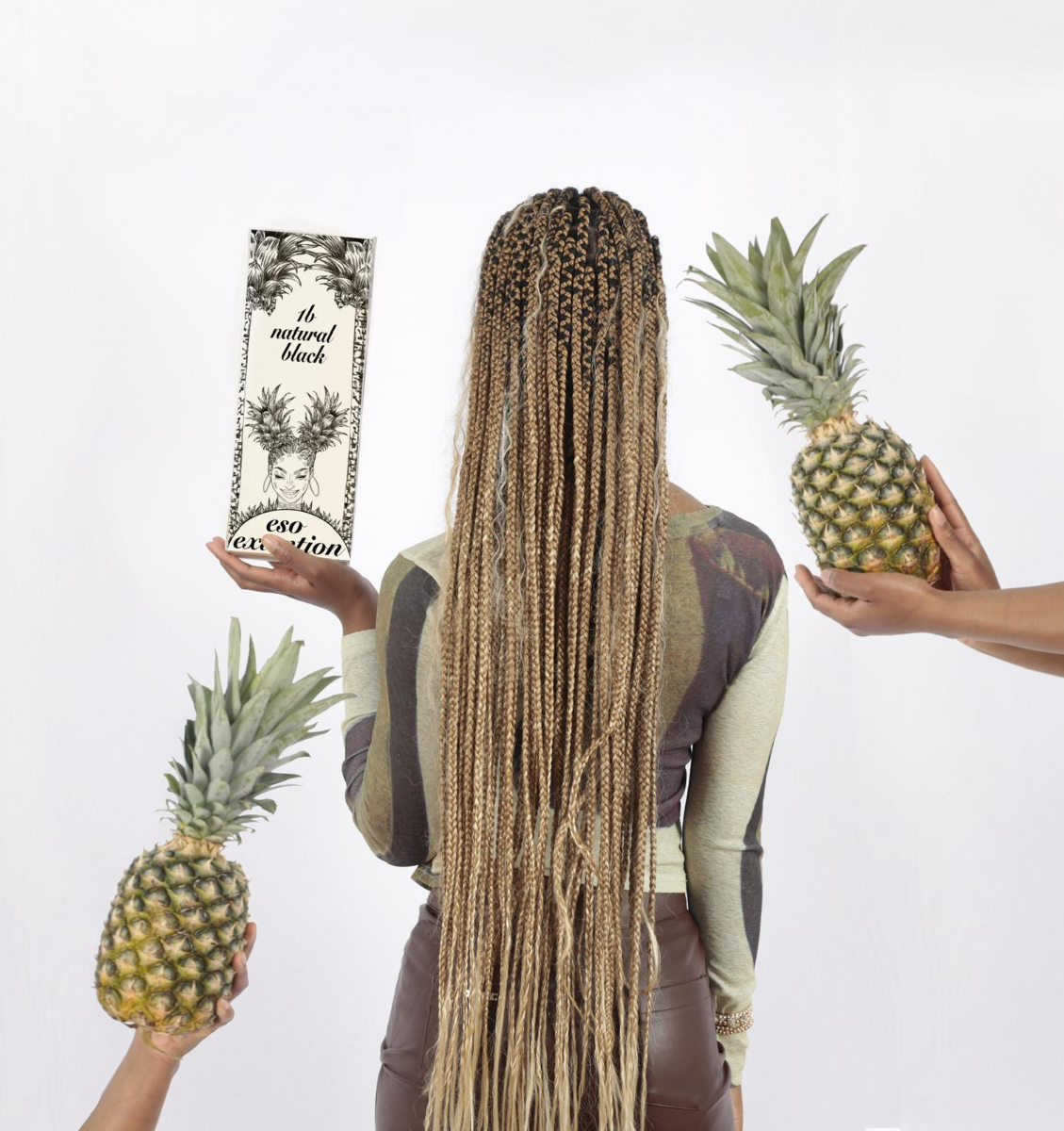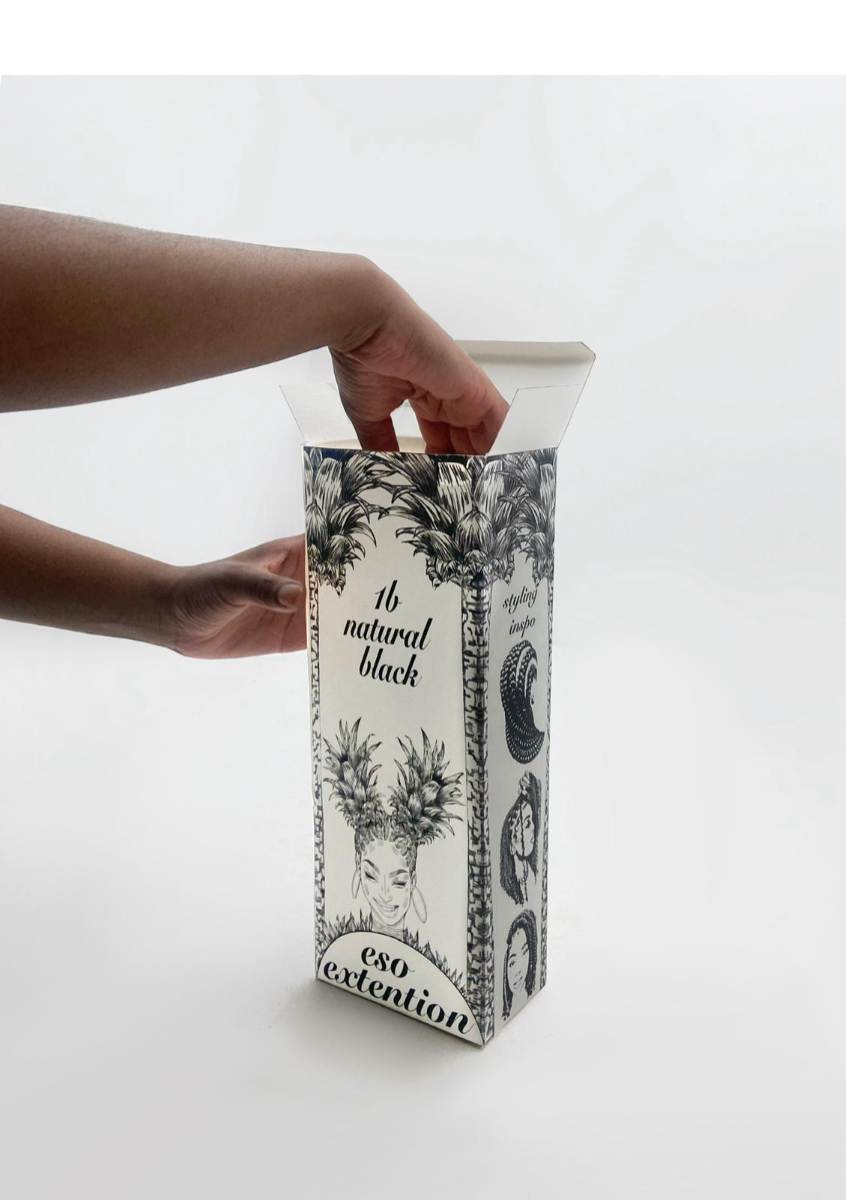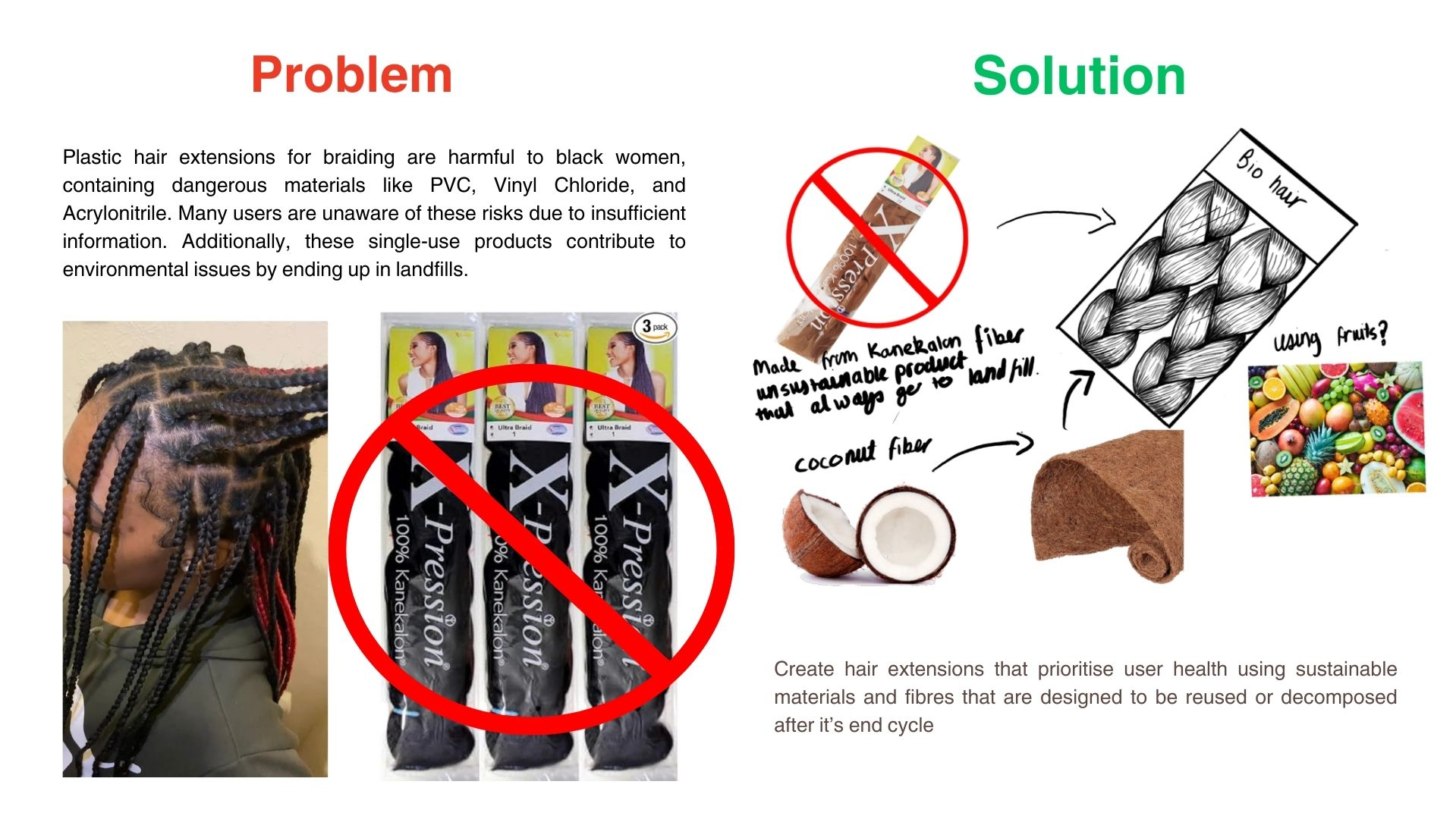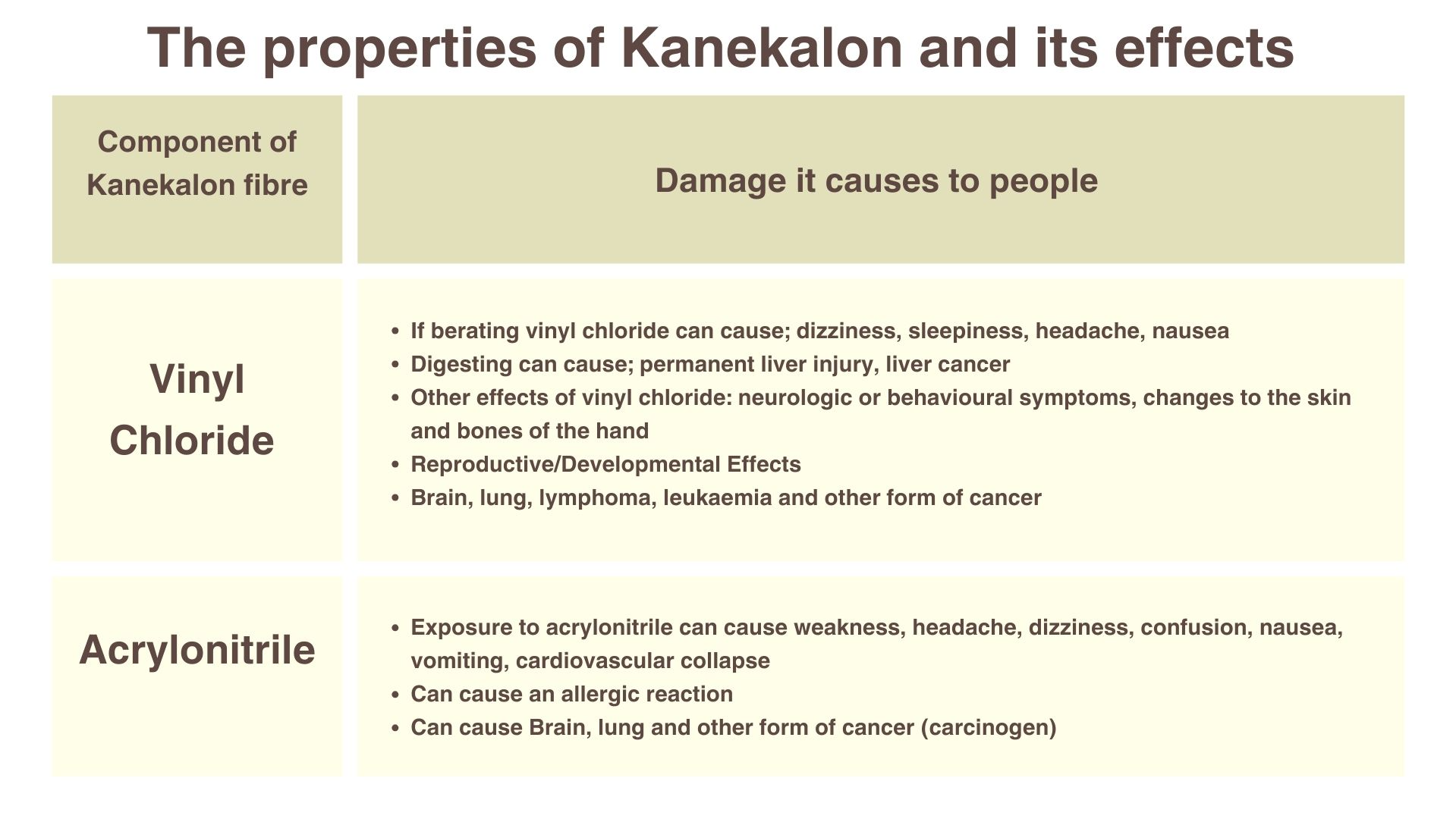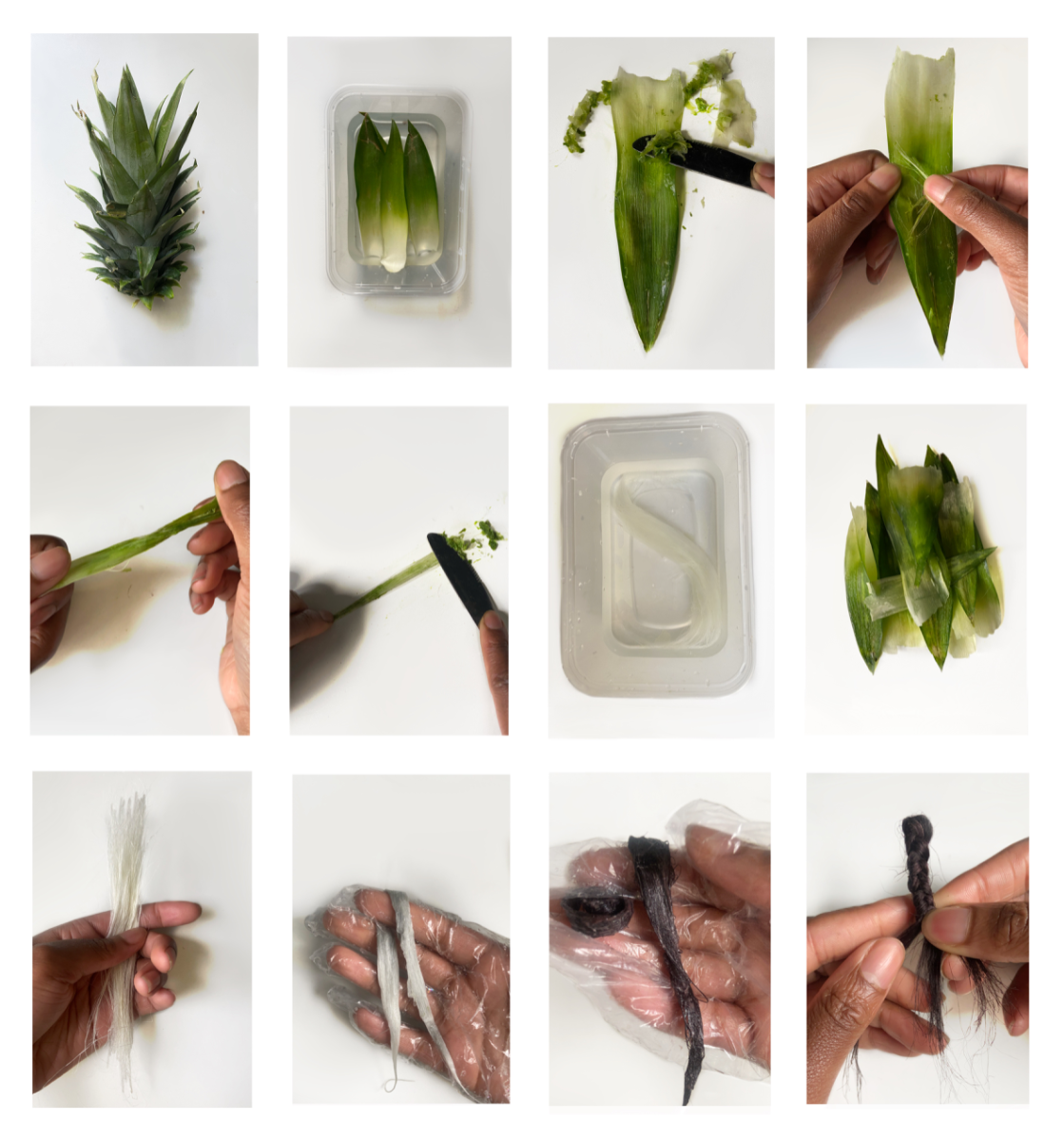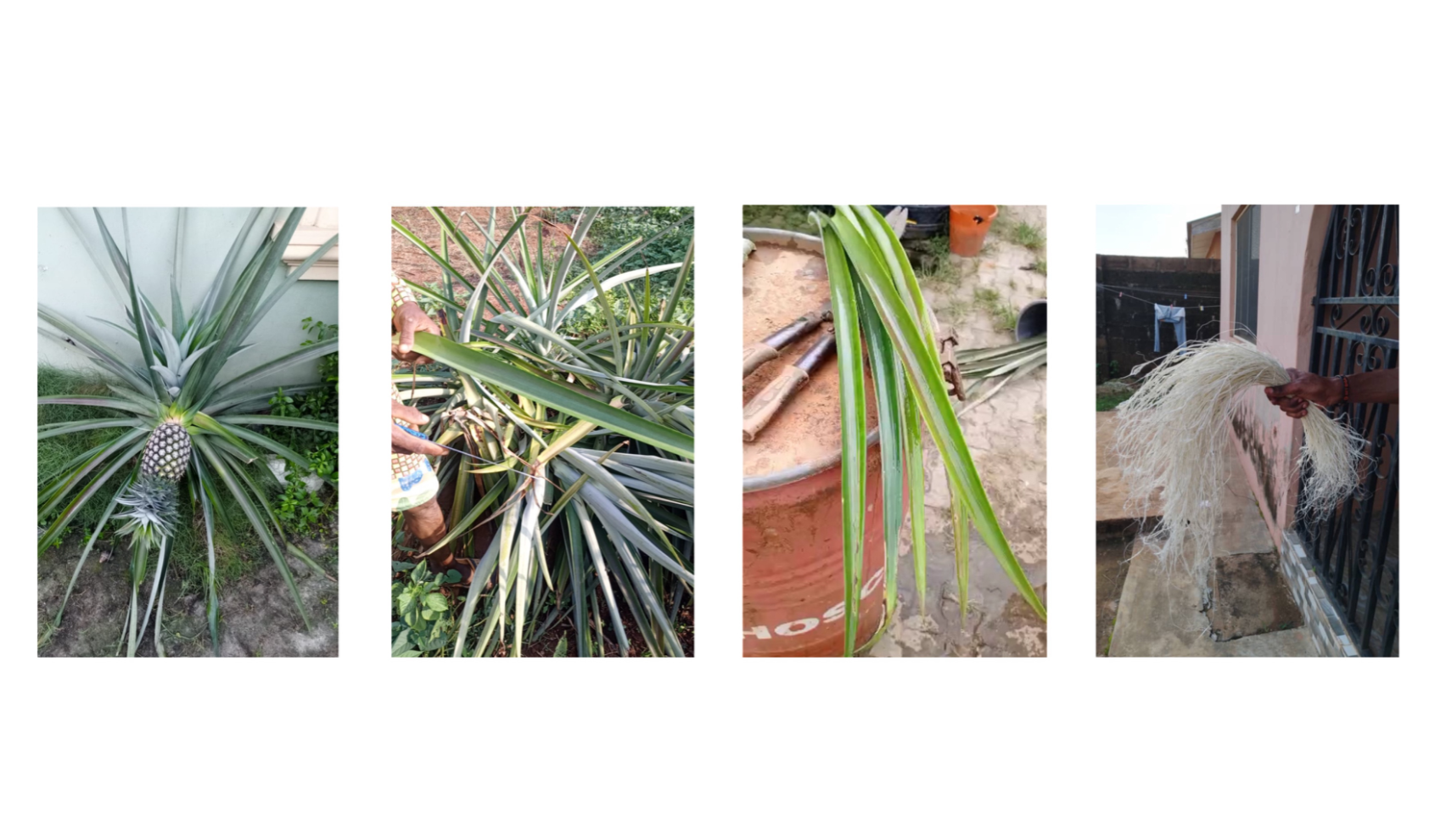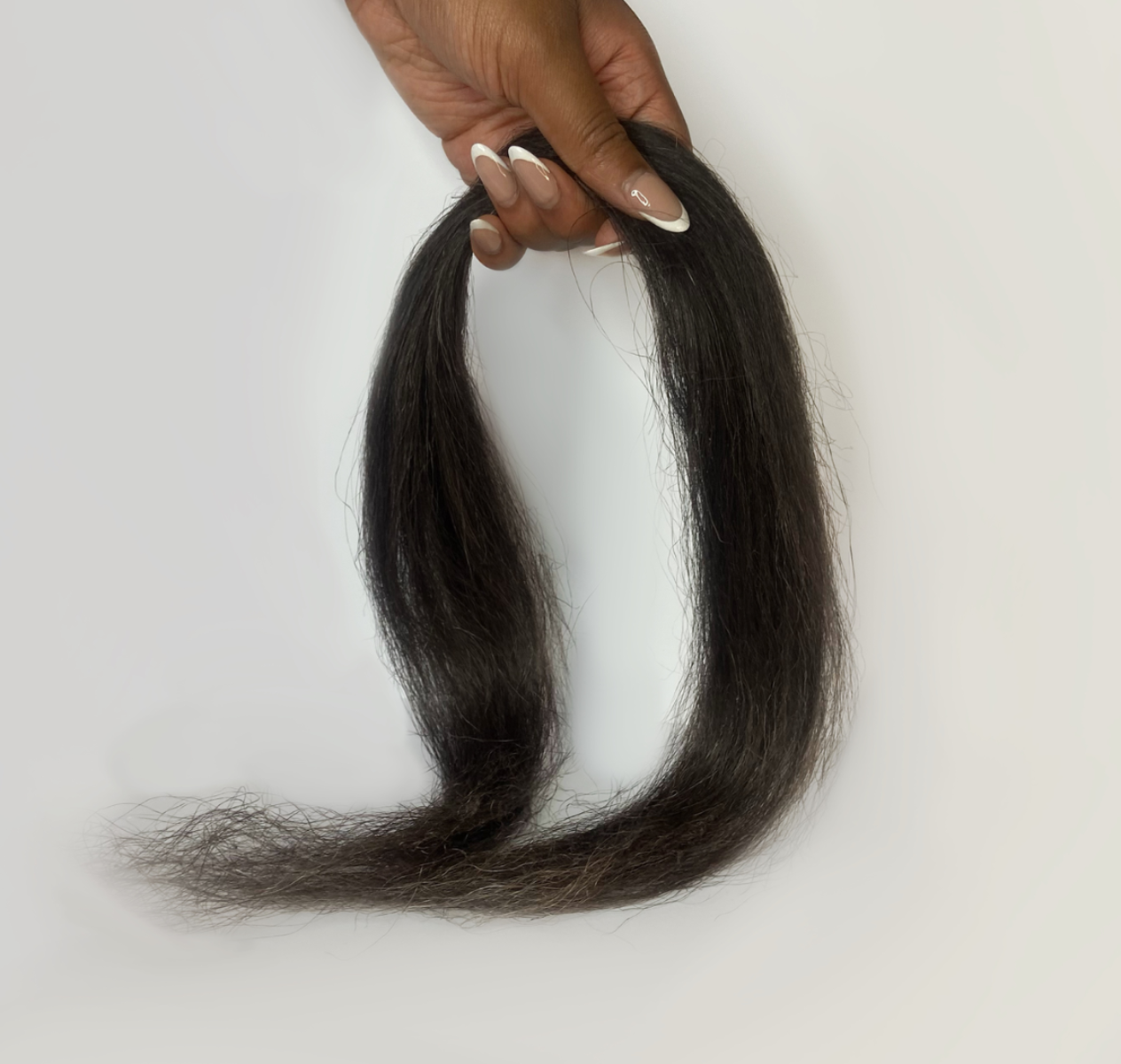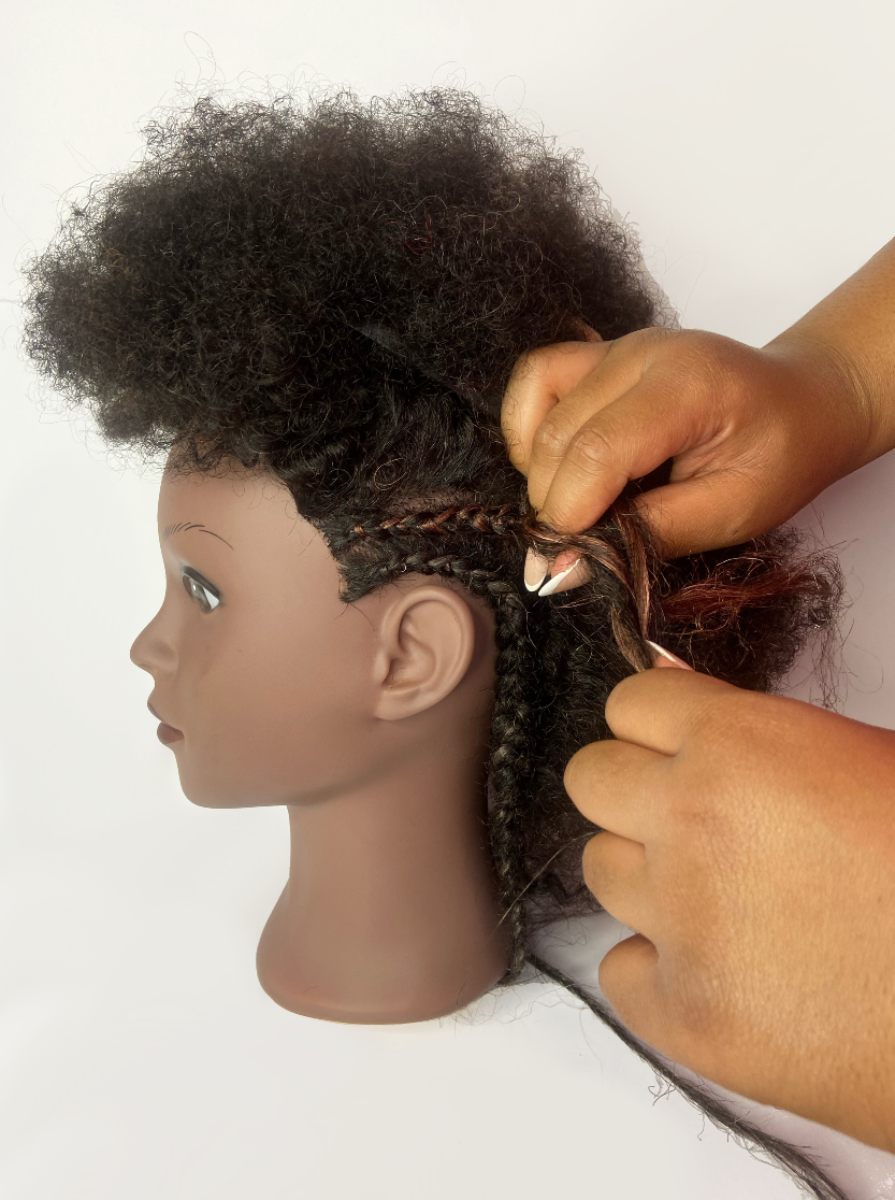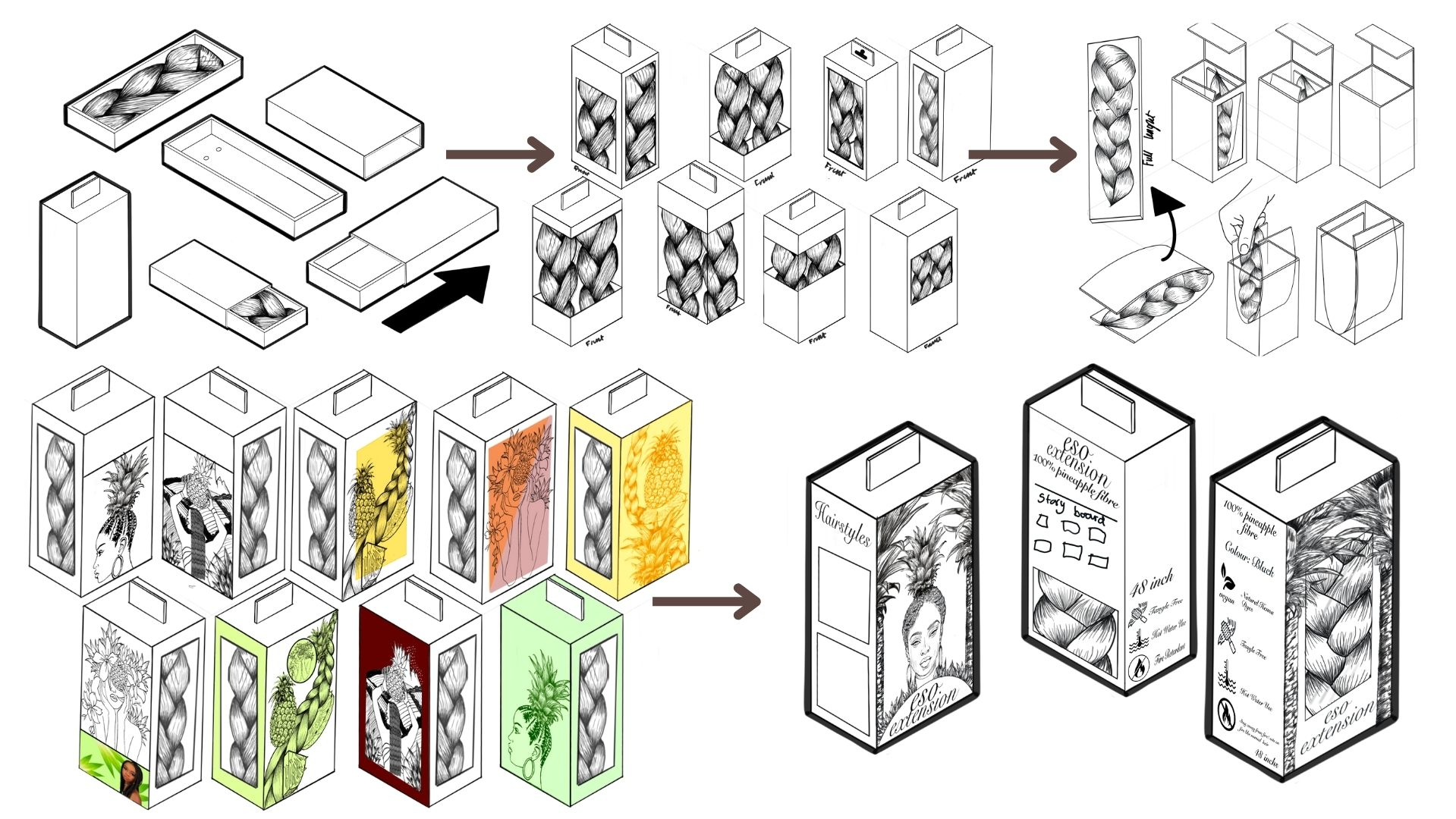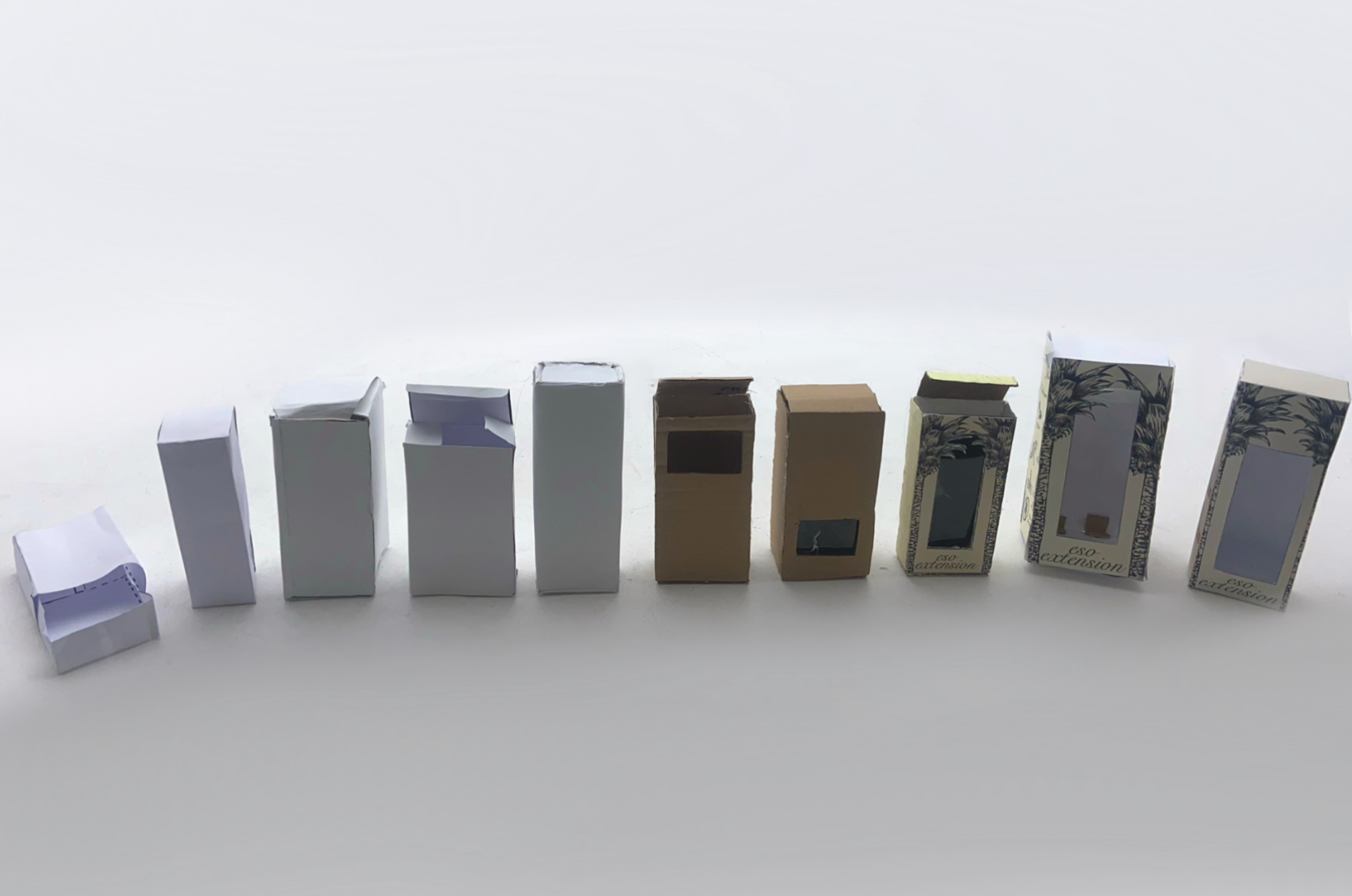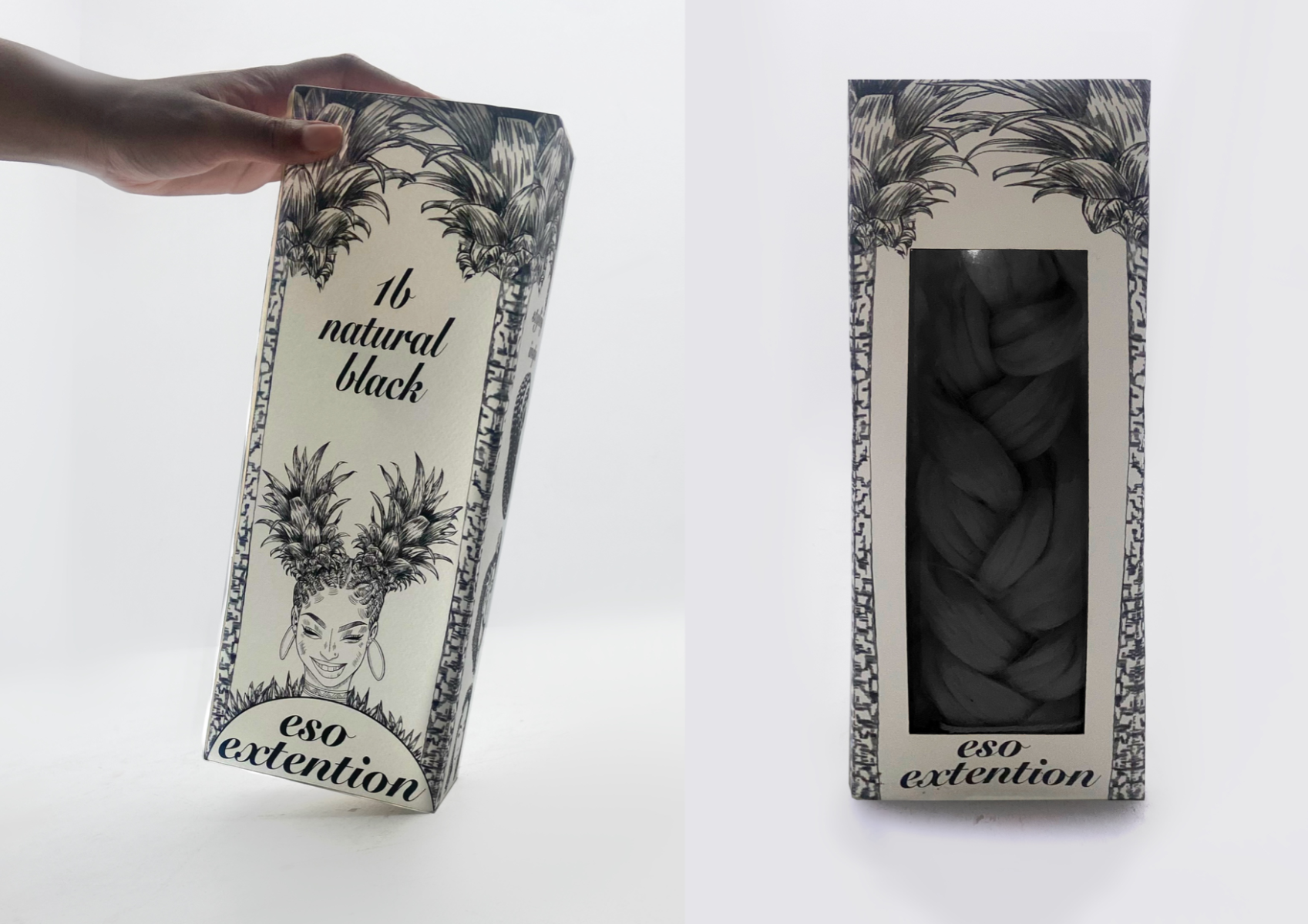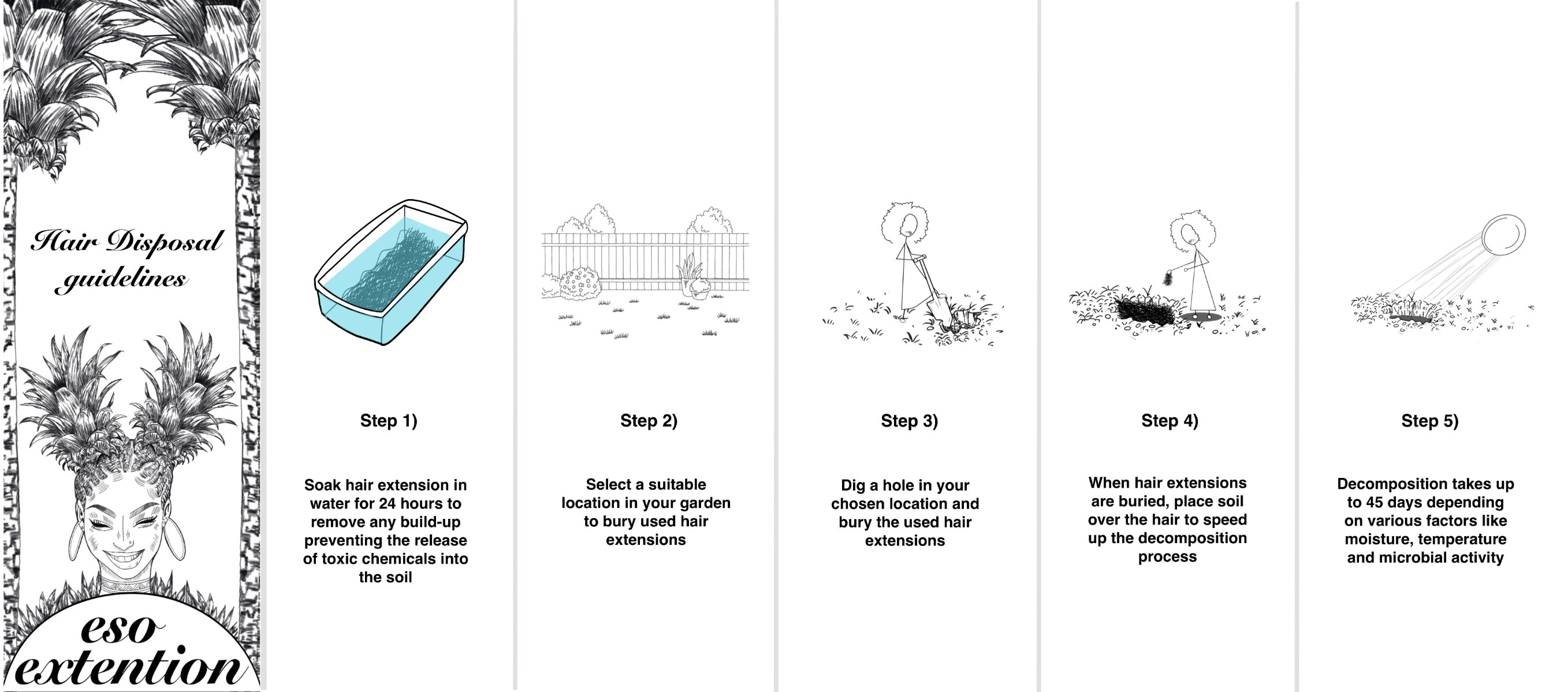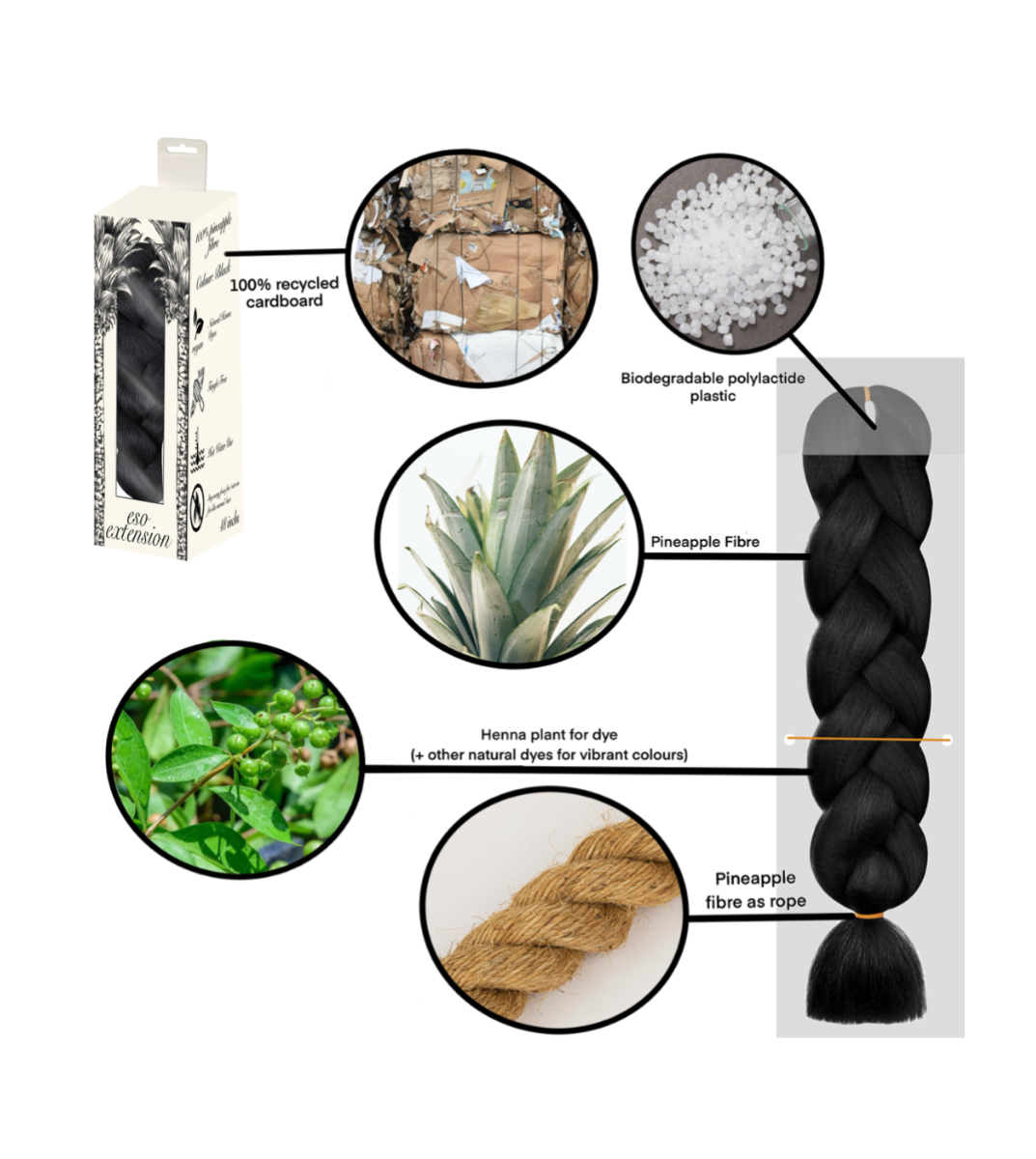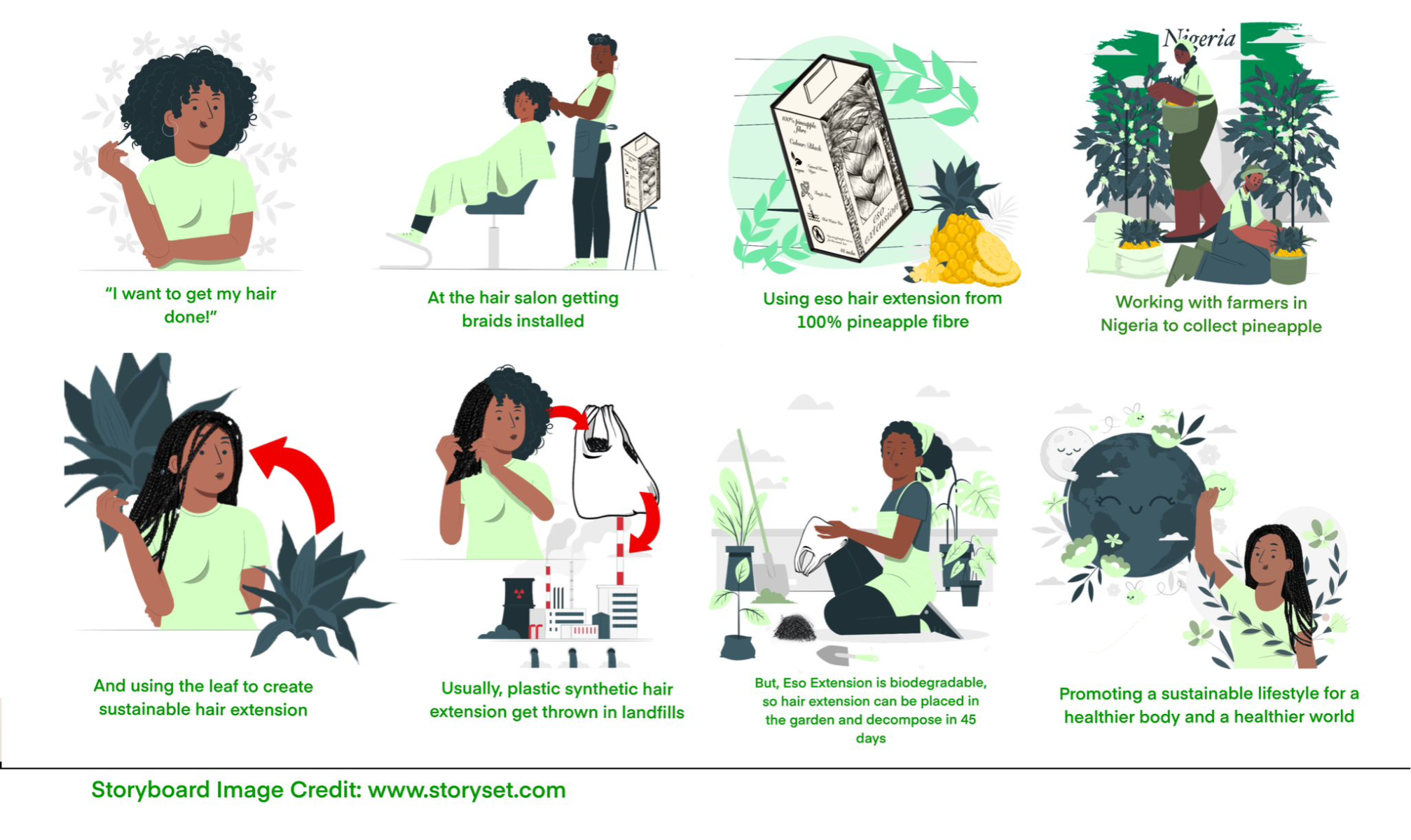Funmi Olawuyi
Product Design BA (Hons)
Central Saint Martins UAL
Specialisms: Product Design / Material Innovation / Packaging Design
Location: London, United Kingdom


Funmi Olawuyi

First Name: Funmi
Last Name: Olawuyi
Specialisms: Product Design / Material Innovation / Packaging Design
Sectors:
My Location: London, United Kingdom
University / College: Central Saint Martins UAL
Course / Program Title: Product Design BA (Hons)
About
Funmi is an innovative industrial designer based in the UK whose work mainly focuses on research, human-centred design and collaboration. With a passion for creating products that resonate with diverse communities, she aims to address the unique needs of Black women in the beauty industry. Her work Eso seeks to provide sustainable and biodegradable hair extensions for black women. Funmi believes in the importance of promoting eco-friendly practices within the beauty sector, and her work aims to challenge the conventional norms of hair products by providing options that are both environmentally responsible and culturally relevant.
Eso extension
Eso Extensions offers a sustainable alternative to synthetic hair extensions. With the hair industry expecting to gross over 19 billion in 2028, there is an urgent need to review how hair extensions can be designed to be more sustainable products for both the consumer and the environment. Hair extensions are commonly used by women of colour and woven into protective styles such as cornrows and braids. These extensions are a core part of many black women’s hair care routines and are worn for many weeks. Despite this, brands such as Xpression produce petroleum-based extensions that contain cancerous ingredients such as PVC and vinyl chloride. Furthermore, these extensions pile up in landfills and pollute water systems due to their single-use nature and non-biodegradable material. Eso aims to provide a bio-based hair extension solution, using pineapple leaf fibres, natural softener solution and plant-based dyes to create soft, natural-feeling hair extensions. Pineapple leaves are commonly discarded in the harvesting process, so I’ve collaborated with pineapple farmers in Nigeria to reuse their waste streams. Once the pineapple fibre is extracted, the remaining scraps are donated back to farmers to be used as fertilisation or to feed livestock, ensuring that no material is wasted in the process.
Competitions

